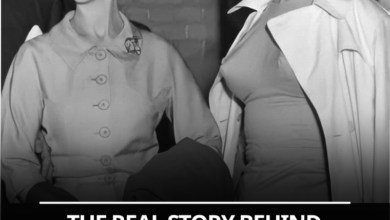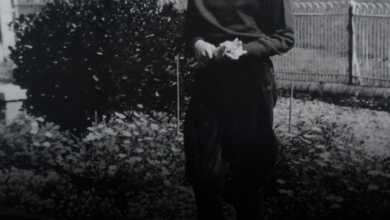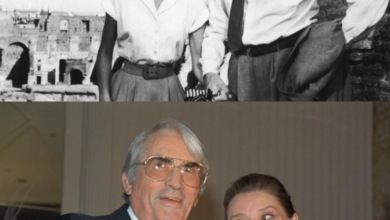Mark Wahlberg’s Journey to Redemption: How He Turned Career Lows into Legendary Comebacks
OPINION: This article may contain commentary which reflects the author's opinion.
Mark Wahlberg’s rise to Hollywood stardom didn’t follow a straight line. His path was shaped by early setbacks, high-profile controversies, and a rocky transition from music to acting. Yet, through determination, strategic choices, and a knack for reinvention, Wahlberg managed to transform himself from a once-embattled celebrity into a respected actor and producer. Here’s a closer look at his career lows and how he turned them into stepping stones for enduring success.
From Music Highs to Controversial Lows
Wahlberg first entered the spotlight in the early 1990s as the frontman of Marky Mark and the Funky Bunch. The group’s debut album, Music for the People (1991), delivered hits like “Good Vibrations” and turned Wahlberg into a pop culture sensation. However, their follow-up album, You Gotta Believe (1992), failed to replicate that success, marking the beginning of his music career’s decline.
This period wasn’t just marked by professional disappointments. Wahlberg’s past as a troubled youth—he was convicted of racially motivated assaults as a teenager—resurfaced, casting a shadow over his budding celebrity status. In addition, a controversial TV appearance in 1992 further tarnished his public image. All of this led to a feeling of being sidelined in the music world, forcing Wahlberg to reconsider his future.
A Challenging Transition to Acting
After stepping away from music, Wahlberg turned his focus to acting, but his early attempts faced mixed results. His first film, Renaissance Man (1994), was critically panned despite being directed by the highly regarded Penny Marshall. Critics found the film “labored and unconvincing,” and it failed to make a splash at the box office.
Wahlberg’s next roles fared little better. He played a supporting part in The Basketball Diaries (1995), a gritty drama opposite Leonardo DiCaprio. The film’s reception was tepid, with critics taking issue with its muddled narrative and heavy-handed approach. Similarly, his leading role in Fear (1996) earned some attention but was largely dismissed as a standard thriller, with only a modest box office return to show for it.
The Turning Point: “Boogie Nights”
Everything changed in 1997 with Boogie Nights. Wahlberg’s portrayal of Dirk Diggler, a star in the 1970s adult film industry, earned him widespread acclaim. Critics and audiences saw a new side of Wahlberg—a performer capable of delivering depth, vulnerability, and charisma. Directed by Paul Thomas Anderson, the film was both a critical and commercial success, cementing Wahlberg’s reputation as a serious actor.
Rebuilding Through Versatility and Collaboration
In the years that followed, Wahlberg carefully diversified his roles. He starred in action-packed blockbusters like The Perfect Storm (2000) and Planet of the Apes (2001), proving he could carry major productions. At the same time, he continued to take on challenging roles in critically acclaimed films. His performance in The Departed (2006), directed by Martin Scorsese, earned him an Academy Award nomination for Best Supporting Actor, further solidifying his place in Hollywood.
Overcoming the Lows: Key Strategies
Wahlberg’s turnaround wasn’t accidental. Several key factors contributed to his rebound:
-
Persistence and Learning:
Wahlberg was open about the steep learning curve he faced as an actor. Without formal training, he approached each role as an opportunity to improve, turning his early failures into valuable lessons. -
Collaborating with Renowned Filmmakers:
Working with directors like Paul Thomas Anderson, David O. Russell, and Martin Scorsese not only boosted his credibility but also helped him refine his craft. These partnerships showcased his versatility and gave him the chance to explore complex, multifaceted characters. -
Exploring Different Genres:
By not limiting himself to one type of film, Wahlberg demonstrated that he could excel in action, drama, and even comedy. Hits like Ted (2012) and The Fighter (2010) illustrated his range, attracting a broader audience and solidifying his standing as a bankable star.
Legacy and Continued Success
Mark Wahlberg’s career journey—from a troubled past and fading music stardom to his status as one of Hollywood’s most respected actors—is a testament to resilience and reinvention. He not only overcame public scrutiny and professional setbacks but also used them as motivation to reach greater heights. Today, Wahlberg’s name is synonymous with versatility, perseverance, and the kind of second act that turns challenges into triumphs.



